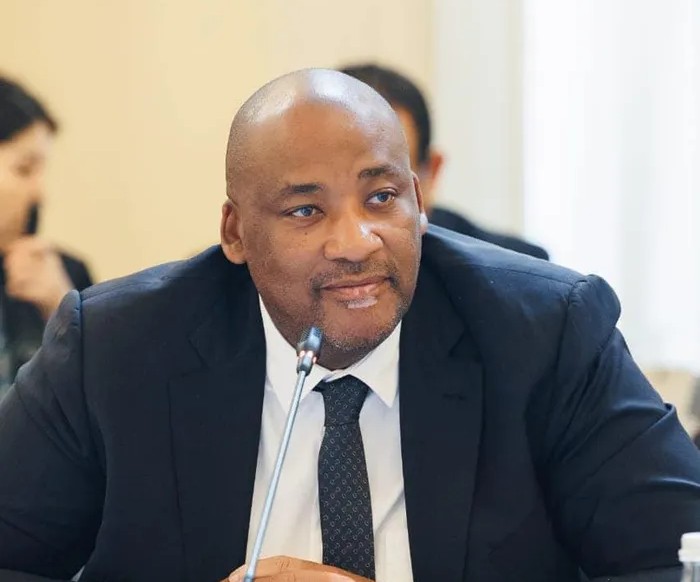- Gayton McKenzie to host a historic reunion of ex-political prisoners at Robben Island Museum.
- Event to honour former prisoners from South Africa and Namibia with medals and a memorial wall.
- Statues of iconic struggle figures to be inaugurated during Heritage Month.

Sport, Arts and Culture Minister Gayton McKenzie has announced a landmark reunion for ex-political prisoners, to be held at the Robben Island Museum in Cape Town on Saturday, 27 September.
Organised in partnership with the Association for Ex-Political Prisoners (AEPP) and the Robben Island Museum (RIM), the event will be a symbolic gathering of remembrance and reflection.
Theme: Reuniting with Robben Island
The reunion will take place under the theme:
“Robben Island, the Stronghold that Strengthened Our Resistance to Gain Our Freedom, is back together”
Minister McKenzie described it as a profound moment for the nation.
“It will honour the extraordinary bravery, unwavering commitment, and unrelenting resilience of those who were imprisoned for their role in the fight against apartheid,” he said, “bringing together former political prisoners from Namibia and South Africa.”
Honouring Sacrifice: Medals, Wall of Names and Statues
- All former prisoners of Robben Island including Namibians will receive commemorative medals.
- A Wall of Names will be unveiled, honouring every ex-political prisoner incarcerated on the island.
- Statues of struggle icons will be inaugurated to serve as permanent symbols of courage and resilience.
Robben Island: A Living Monument of Heritage
Held during Heritage Month, the reunion underscores Robben Island’s ongoing role as a UNESCO World Heritage Site.
McKenzie described the site as:
“For current and future generations, a living monument of resiliency, solidarity, and hope.”
The announcement follows a recent visit by a South African delegation to Namibia, where McKenzie met with Minister of Education Sanet Steenkamp and ex-political prisoners.
Deputy Director-General of Heritage Promotion and Preservation, Vusithemba Ndima, emphasised that the project acknowledges the collective sacrifice of both South African and Namibian prisoners.
“They stayed and struggled together as brothers,” Ndima said.